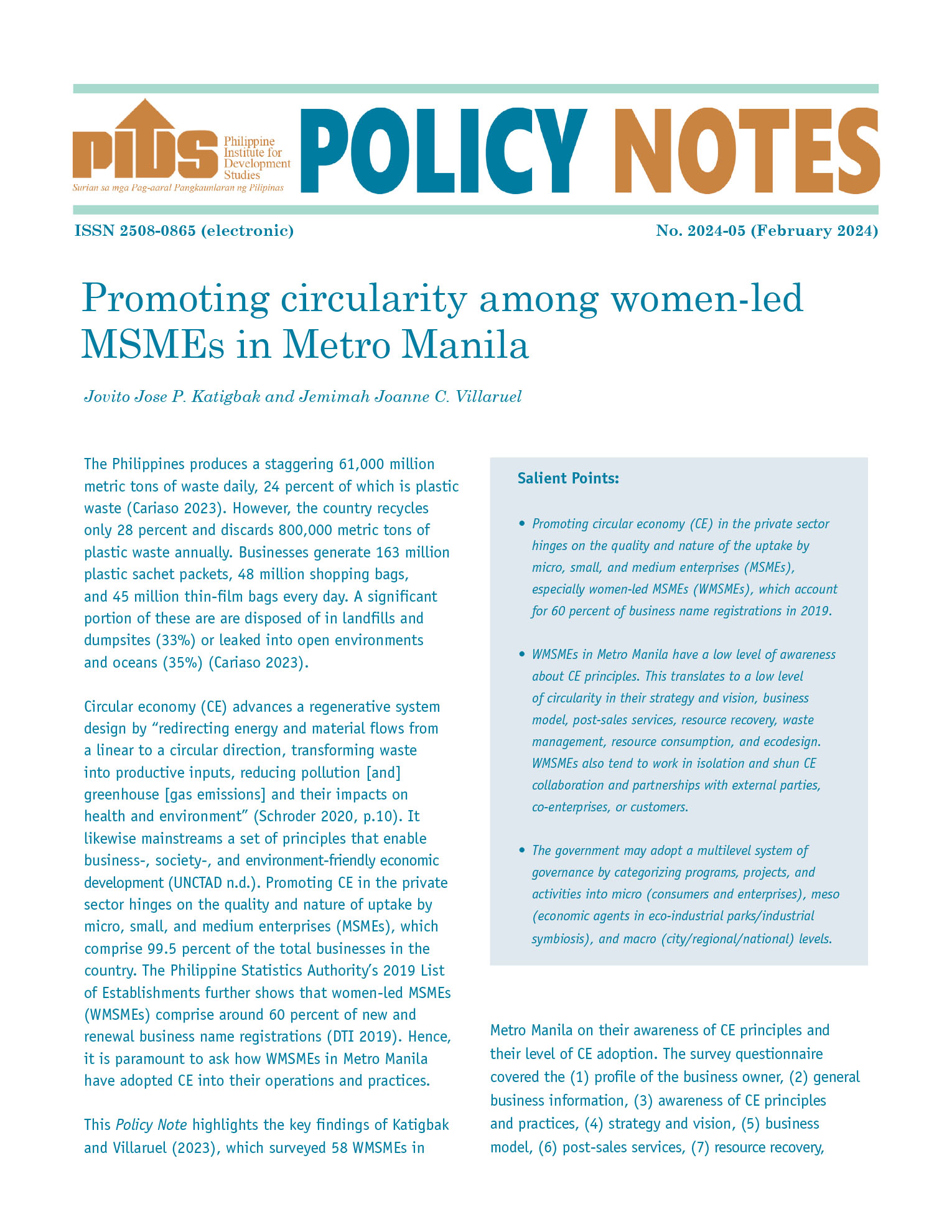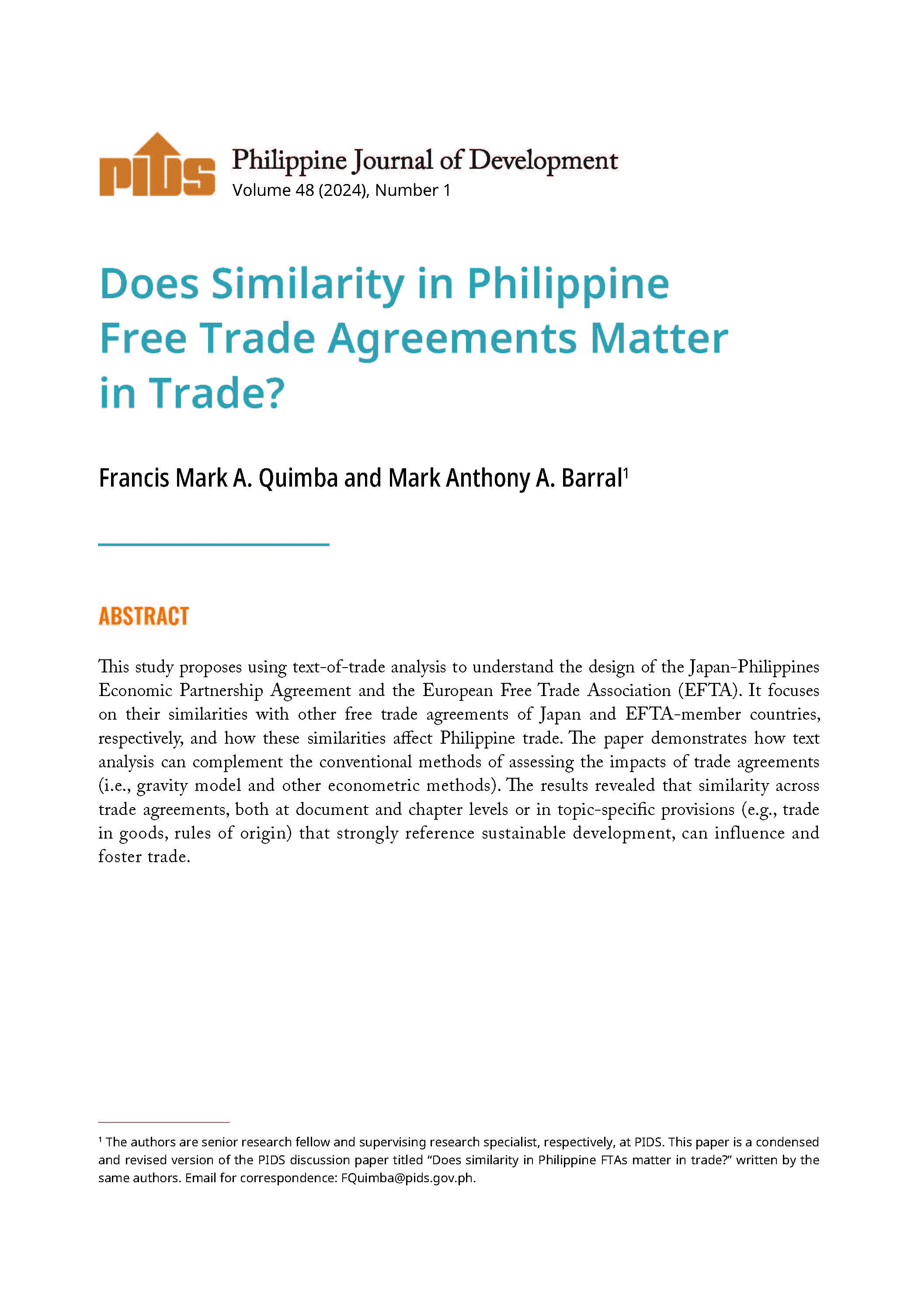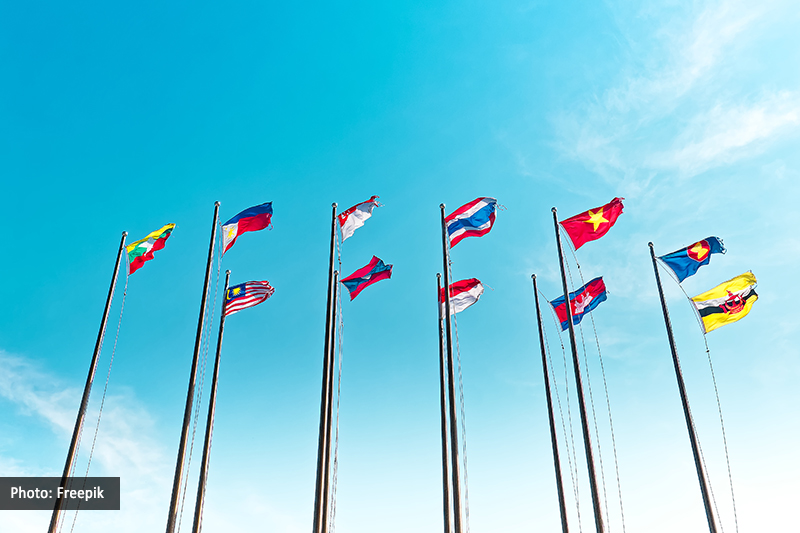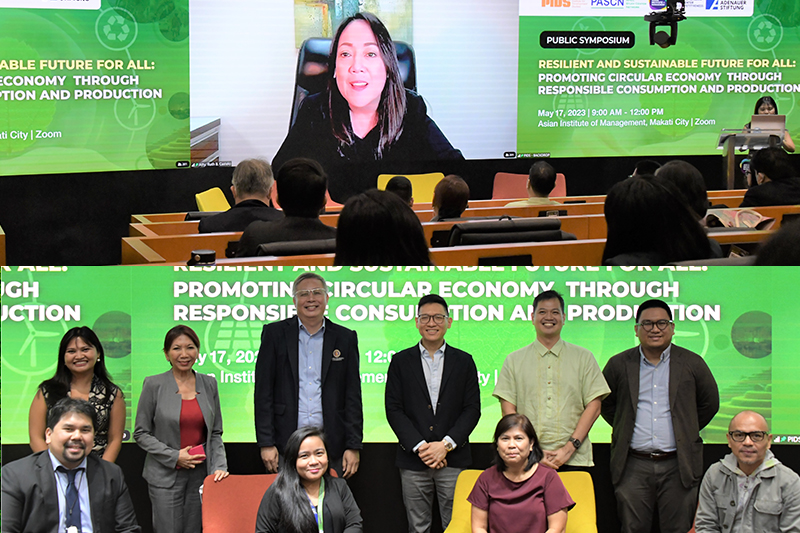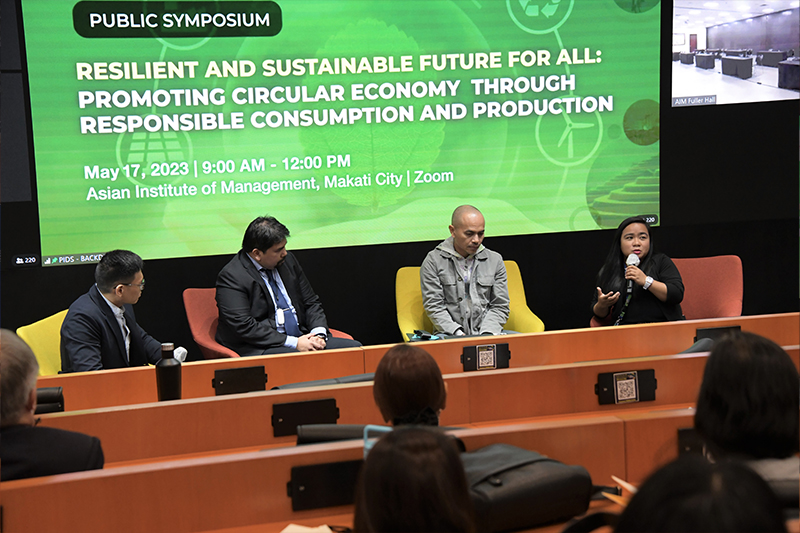Let me repeat it, we must join the Regional Comprehensive Economic Partnership (RCEP). Everybody else has. We can’t continue to be last in damn near everything we do in Asia. The only opposition to doing so is coming from the agricultural sector because, as they correctly point out, our farmers are not competitive.
I support those who want agriculture to be protected till it’s competitive. As I’ve long argued, agriculture and IT should be our primary targets for the future growth of the Philippines. But I’m a realist, as history has shown, agriculture will remain uncompetitive for decades yet—unless it’s forced to change by external factors. RCEP will help do that. We need the pressure of this deal to force the government into concrete action to reform the agricultural sector. If we wait till they are competitive, we will never join RCEP. Protectionism never works, that’s a proven fact.
Anyway, the RCEP does benefit the agriculture sector. According to Trade Assistant Secretary Allan Gepty, farmers and producers will have access to cheaper farm inputs such as fertilizers, pesticides, and machineries. Moreover, the deal will also encourage investments in food processing as well as research and development in agricultural sciences and technology.
As it stands, highly sensitive agricultural products are excluded from the tariff liberalization anyway under the agreement. These products which will still experience tariff protection include, among others, rice, sugar, cabbages, carrots, onions, garlic, potatoes, swine and poultry meat.
The important thing is that RCEP will benefit the economy overall. According to Dr. Caesar Cororaton of the Virginia Polytechnic Institute and State University, RCEP is estimated to boost trade balance by $128 million, increase real GDP growth by 1.93 percentage points and lower poverty incidence by 3.62 percentage points by 2031. It is also projected to add 1.4 million additional jobs, mostly in the services sector, during the same period.
Francis Quimba from the Philippine Institute of Development Studies says that the Philippines could reap a 2-percentage point increase in real GDP if it ratifies RCEP. On the contrary, the country could experience a 0.26-percentage point decline in real GDP if it fails to participate in this deal.
The Foundation for Economic Freedom also explained that aside from free trade access to member economies, the Philippines also stands to benefit in terms of investment since investors will come here and set up factories to gain access to the RCEP market.
The DTI agrees with all this when it explained that the RCEP can benefit the Philippines in four ways, namely: (1) cheaper costs for sourcing key inputs for the manufacturing sector; (2) convenience for businesses in trading with key free trade agreement partners; (3) competitiveness for Philippine industries; and (4) complementation of existing government support programs.
In short, various studies have shown that everything will be better with the membership of RCEP compared to nonmembership: more jobs, more investment, exports will be more. Poverty will be reduced faster, the GDP growth rate consequently will be faster. We will be a country that has joined the world, not shied away from it.
Consumers will benefit from lower prices as tariffs come down, customs procedures become simpler and faster. We’ll all be bound by one set of rules that businessmen can understand and rely on. We will enter a fairer, more stable, enhanced environment for business.
The RCEP community is huge. One-third of global trade, one-third of the world’s GDP. A market of 2.3 billion consumers. We can’t be left out, a pariah. Foreign investment is going to go to, and within the members of RCEP because of the freedom of trade it will provide. Together with the assuredness of a stable business environment RCEP will require.
There’s another fundamental matter, we are last, or almost so, in everything (see my column “Bottom” last Sept. 16, 2021). Fifteen countries are joining, vastly different countries from Japan (a country with income per capita of $40,360) to Lao PDR (a country with income per capita of $2,520). They must have their hesitations, too, yet they see that the benefits greatly outweigh whatever disadvantages they may face. Vietnam roared ahead of us because they opened up while we remained closed, fearful of the big bad world out there. Vietnam is in, we must be also.
RCEP is a game-changer where everybody will benefit. Yes, even the farmers as they are forced into competitiveness.
The Philippines will have the chance to become the manufacturing and services hub it wishes to be if it’s part of the community. It has zero chance if it remains outside. A dodo in a region of eagles.
Related Posts
Publications
Press Releases
Video Highlights
[No related items]


